Bullying can have lifelong effects, even after we’ve grown up and moved on. We develop new traits that help us cope with the bullying we experienced in childhood that also help protect us, or so we hope, from future bullying (because bullies turn into adults too, and some of them don’t grow out of their hurtful ways). However, some of them can serious backfire. If you have any of these traits or know someone who does, they may stem from childhood bullying.
1. You deal with all sorts of anxiety issues.
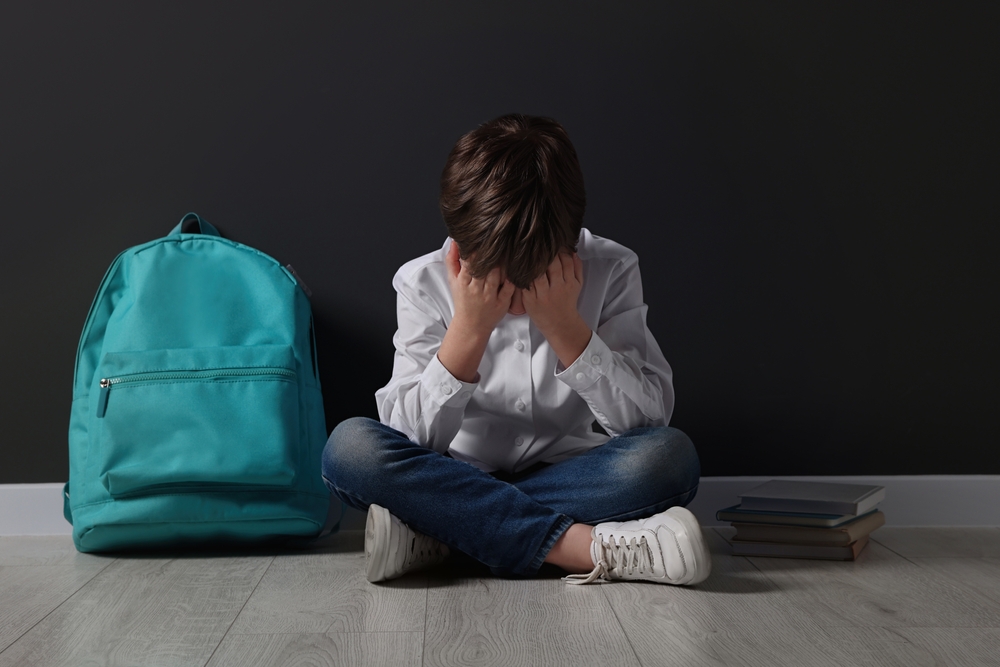
Anxiety and other health issues tend to plague those who dealt with bullying in childhood. You may be diagnosed with general anxiety, social anxiety, or even panic disorder. To top it off, struggling with feeling like you don’t fit in anywhere can lead to depression. You may avoid social situations or find it hard to connect in these instances, which makes you want to stay home and increases your fears of being around others.
2. You continue to hold a grudge against your tormentor(s) years later.
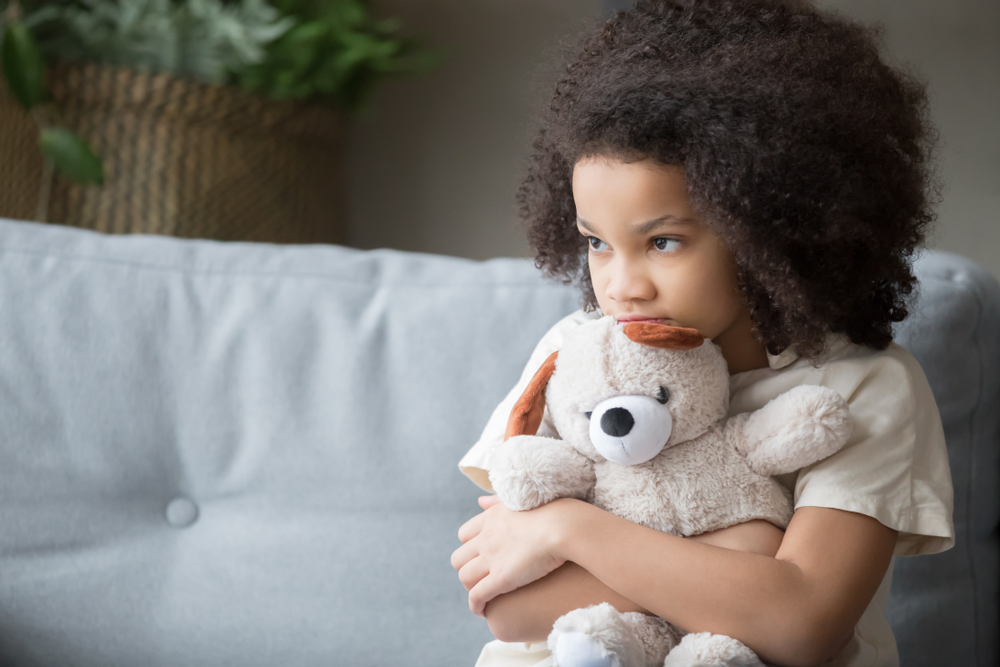
Unfortunately, holding on to hatred for the people who hurt and bullied us in the past doesn’t do us any good. That grudge you have against your childhood bullies is eating away at you, helping to exacerbate all the other items on this list. Learning to forgive, or at least move on, can help. If you still hold resentment against your enemies, now is an excellent time to speak to a therapist who can help you find ways to let go.
3. You find it hard to trust anyone.
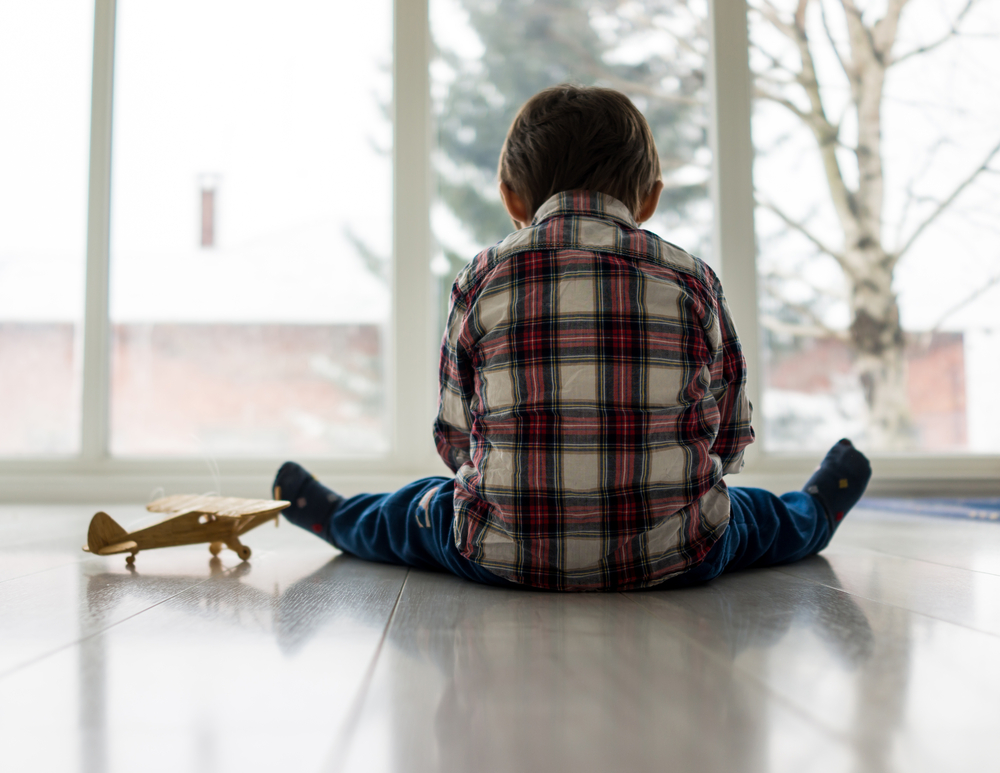
Even if the people who bullied you were not family or friends, the acts of bullies can still make it more difficult to trust new people when they come into your life. While it’s wise to let people prove they are trustworthy, you also don’t want to spend all your time wondering if your new coworker is out to get you or if your new romantic partner will become a controlling narcissist.
4. Even constructive criticism feels like a punch to the gut.
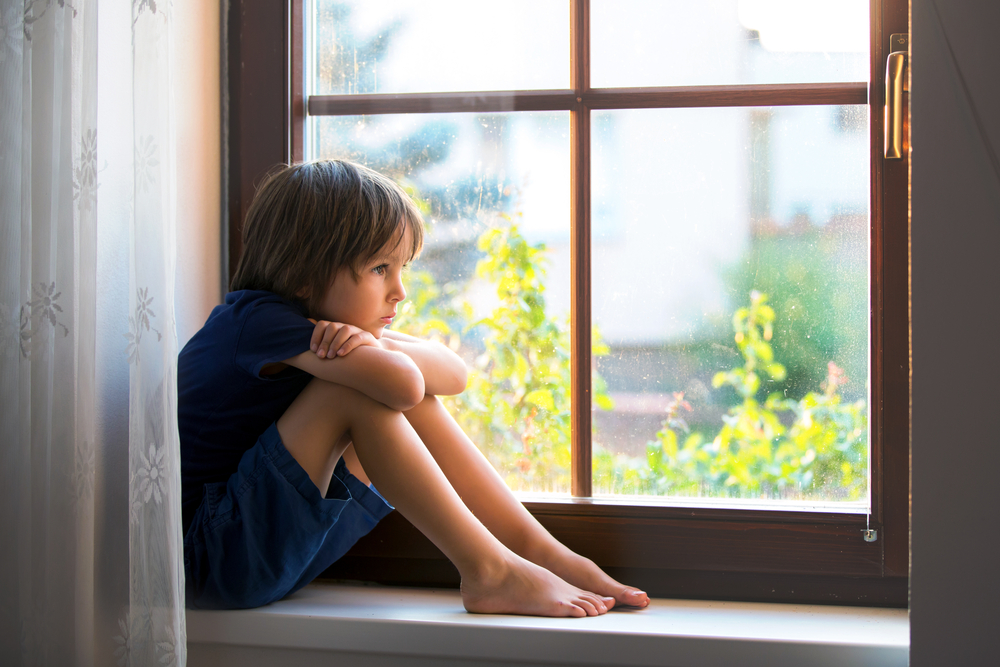
When you spent a good deal of your childhood being made to feel like you weren’t good enough, whether it was the kids at school making fun of you or your parents at home, it can be hard to take criticism as an adult, The Week notes. It’s not that you don’t want to better yourself, but the criticism, even when constructive, feels like being picked on because that’s what you were once used to.
5. You find you’re more sensitive to judgment.
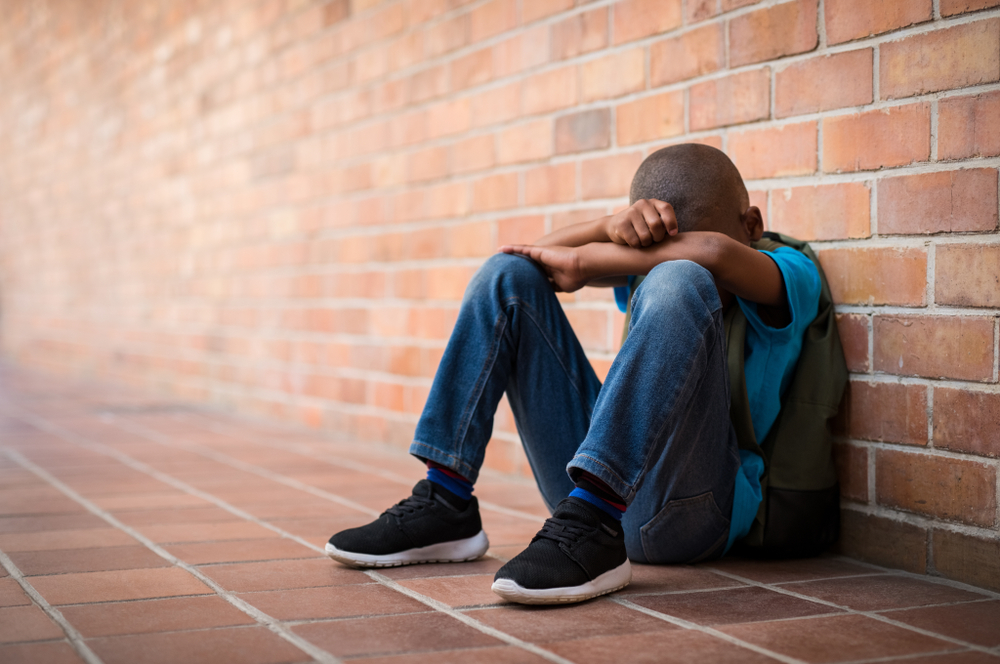
Do you feel like people are always judging you? If you were bullied as a kid, you may feel like people are extra judgmental of your actions, even if they aren’t. You may also feel very defensive when someone makes a judgment about you, whether pointing out a mistake you made or criticizing the clothing you wear.
6. Depending on who bullied you, you may have problems with authority figures.

If your parents bullied you or teachers, or older students bullied you, you may have issues with authority figures. You may feel that any time someone who ranks above you reprimands you, it is an attack — and not because they are against you, but because you’ve been through this before. While some authority figures may take advantage of their positions, be sure that you’re not reading them wrong and try to learn to discern if you’re experiencing more bullying or being triggered because of your past experiences.
7. Your self-esteem takes a hit.

It’s easy to see yourself through the eyes of the child you once were when you’ve dealt with bullies in the past. You see yourself as weak, unworthy, and all the nasty things your bullies said you were. This can make it hard to feel self-confident even in adulthood because those negative words still live in your head. The key is to turn them around into positive things, and remember that other people’s opinions of you don’t have to define who you are.
8. You might struggle with addiction.
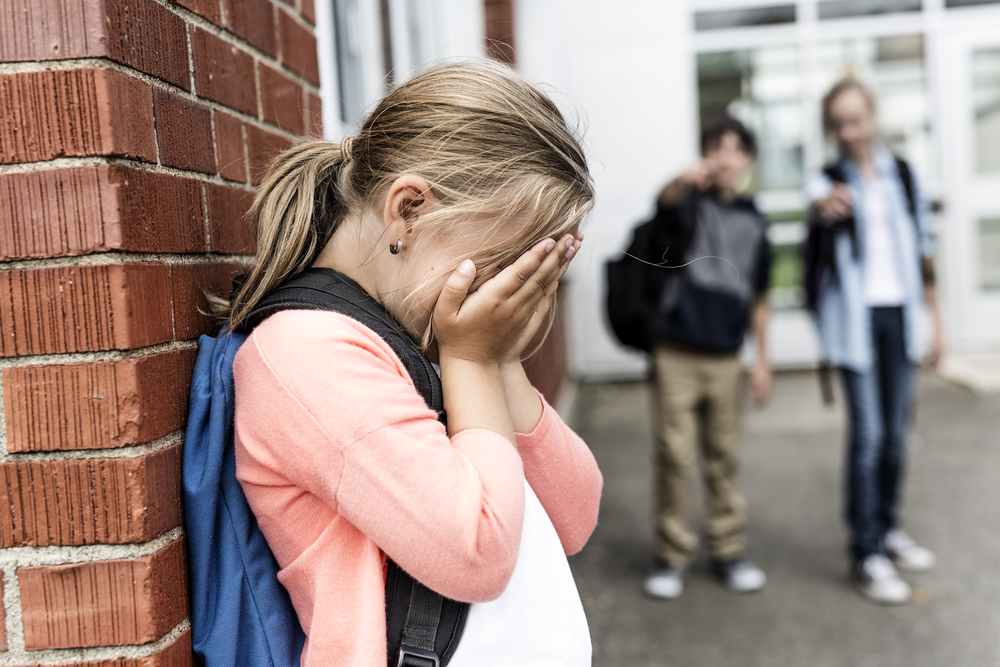
When you’re battling stress, anxiety, and low self-esteem, it can be pretty convenient to turn to things that make you feel good or forget, even if they only work temporarily. This is why many folks who still battle their childhood bully demons in their heads as adults use things like food, drugs, and alcohol to quiet those voices. However, these crutches are doing more damage.
9. Your future relationships may suffer.
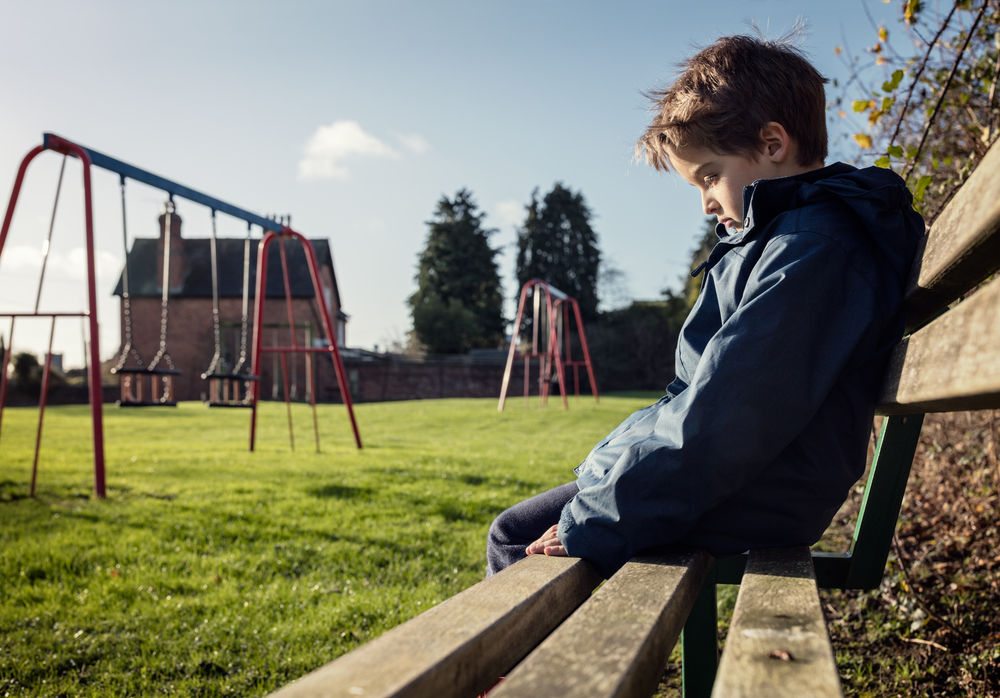
Being a victim of bullying can make it hard for you to connect with other people. You may often be wondering when they’ll turn on you. Your low self-esteem may make you feel unworthy of having true love or real friendships, so you may sabotage good connections when they come into your life.
10. You may develop PTSD.
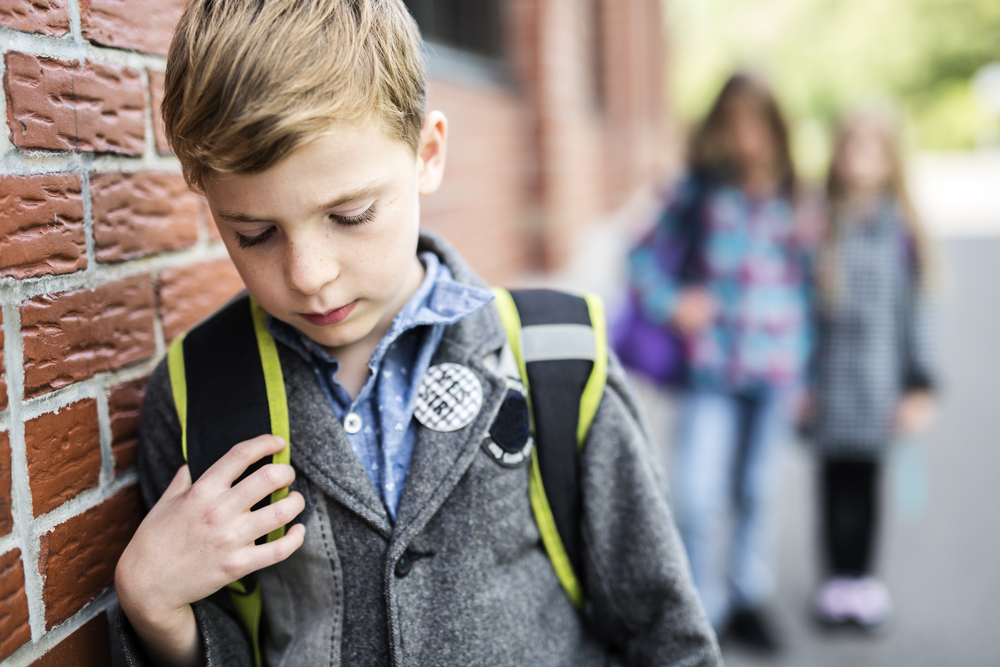
If bullying happened much more than once in your childhood, that trauma may have left you dealing with PTSD or even APBS. According to a Slate interview with family therapist Ellen Walser deLara, adult post-bullying syndrome (APBS) is an actual set of symptoms people may suffer in adulthood if they were bullied when they were children. Along with a greater chance of addiction and trust issues, APBS also may make you a people pleaser as you try to ensure everyone will like you so you don’t get bullied as an adult.
11. You may have thoughts of suicide or hurting others.
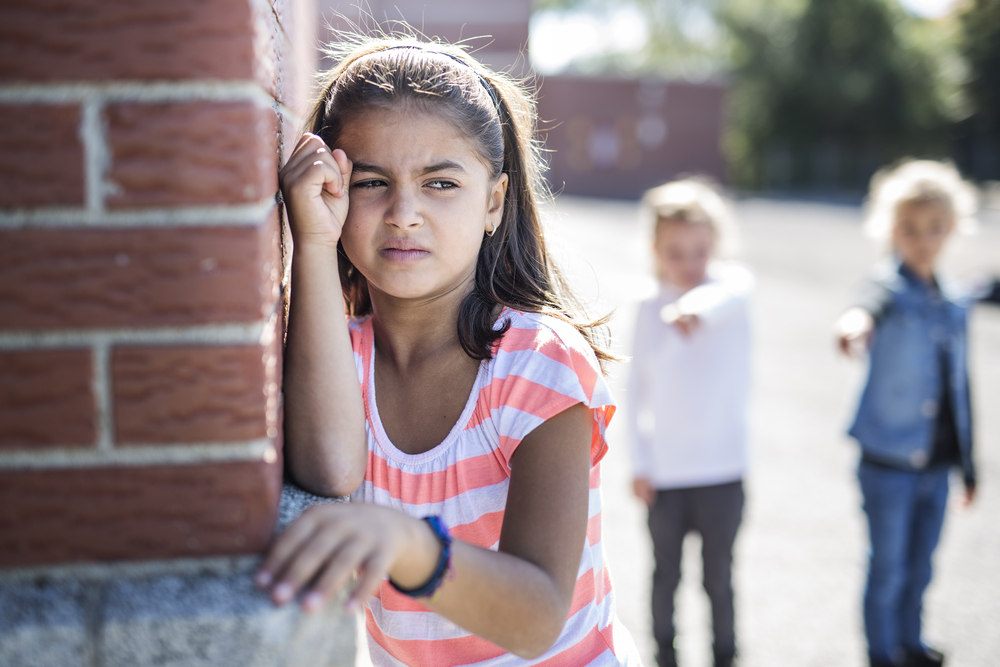
Even if the bullying you experienced happened decades ago, you may still harbor great hatred for the people who treated you poorly. There’s a chance that you’ve pictured getting revenge on them. On the other hand, their taunting may still ring in your head, making you want to hurt yourself to shut out their voices.
12. Bullying could cause you to be pessimistic.
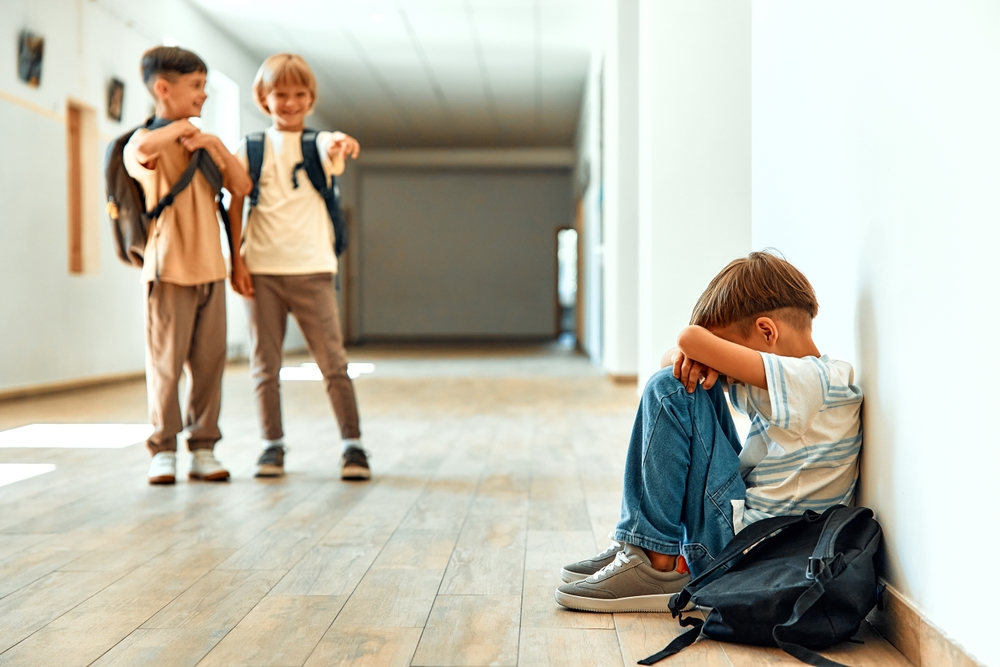
There’s nothing wrong with being realistic and not living each day in an optimistic haze, but if you’re always waiting for the other shoe to drop, you may find it hard to bring happiness and contentment into your life. If you spend a portion of your youth being bullied, you may find yourself constantly looking toward the negative aspects of life.
13. You may struggle with personal relationships.

We talked a little about not being able to trust anyone, which is vital in relationships. Other aspects of post-bullying can mess with your relationships as well. You may have too many walls up to allow people to get to know you so that you may be pushing away the good ones, not just the bad ones. While boundaries are good, too much armor can be detrimental if you don’t want to live a completely solitary life.
14. You might start blaming yourself.
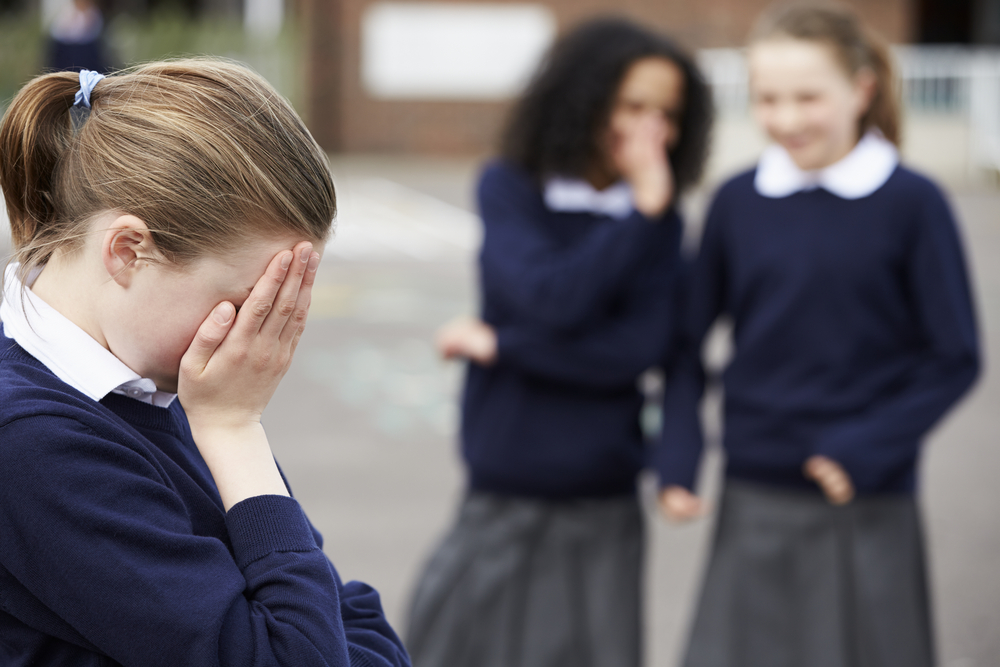
Whose fault is it that you were bullied as a child? It’s likely not yours, but you may start blaming yourself. If you were poor and made fun of for how you dressed or for personal hygiene issues, you were not at fault; your circumstances were. If you were made fun of for being too smart, we want you to know that we’re proud of how you applied yourself in school—don’t let those ghosts of the past make you feel bad for being intelligent!
15. You could become closed off or thick-skinned.
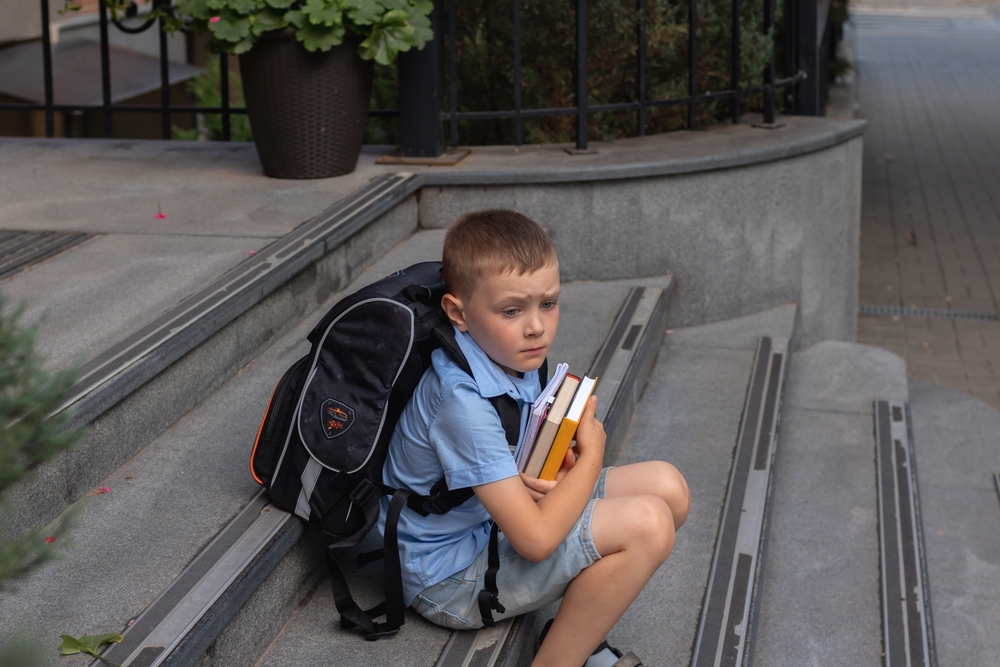
A thick skin can come in handy in certain situations, but if you’ve built one so thick that no one can ever penetrate it, you’re doing a disservice to yourself. Find some trusted people you feel safe allowing into your life so you can stay somewhat open. Not everyone is out to get you — there are some good people in the world.
16. You live in fight or flight mode.
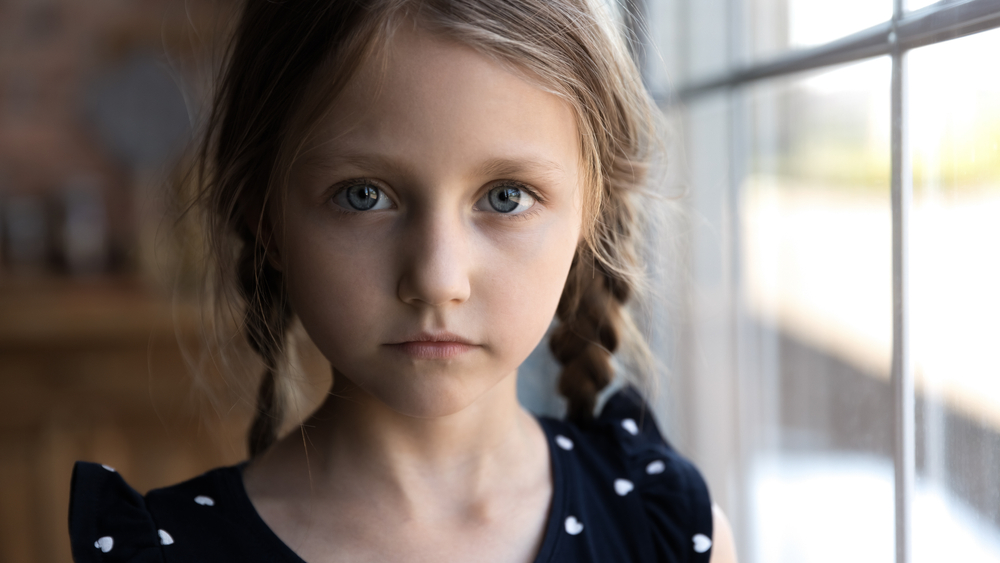
If you were bullied as a child and found yourself needing to hide from your tormentors, you may still be hiding as an adult. When something happens that triggers one of those memories, you likely find yourself in fight or flight mode, allowing your anxiety to kick it up a notch. Your heart races, and your hands shake, and now you either have to speak up for yourself or run away — even if the perceived threat is all in your mind.
Enjoy this piece? Give it a like and follow PsychLove on MSN for more!



